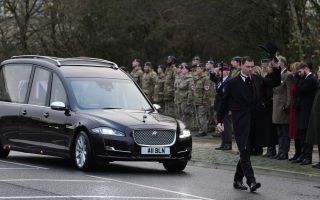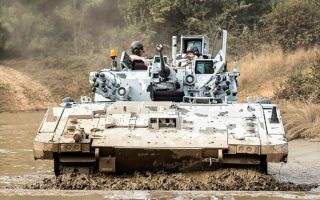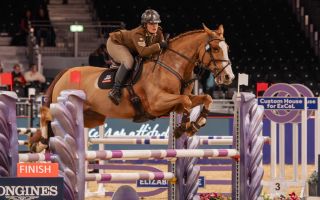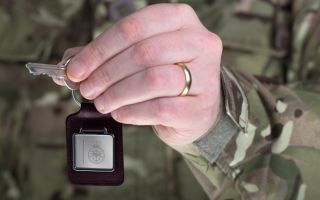How Invictus Prosthetics Are Kept In Working Order
No athletics competition can function without a dedicated team of backroom staff, and in para-athletics competition, an integral part of that team are those who repair the athletes’ prosthetics and wheelchairs.
At the Invictus Games 2018 in Sydney, Australia, that role is being fulfilled by prosthetics manufacturer, Ottobock – a 99-year-old family-owned company.
"We’ve had a long-standing relationship with para-athletics since the Seoul Paralympics in ’88," Nathaniel Kenyan tells Forces News.
"Our job is really just to service anyone who needs it. Wheelchairs, orthotics, prosthetics – anything that comes our way."
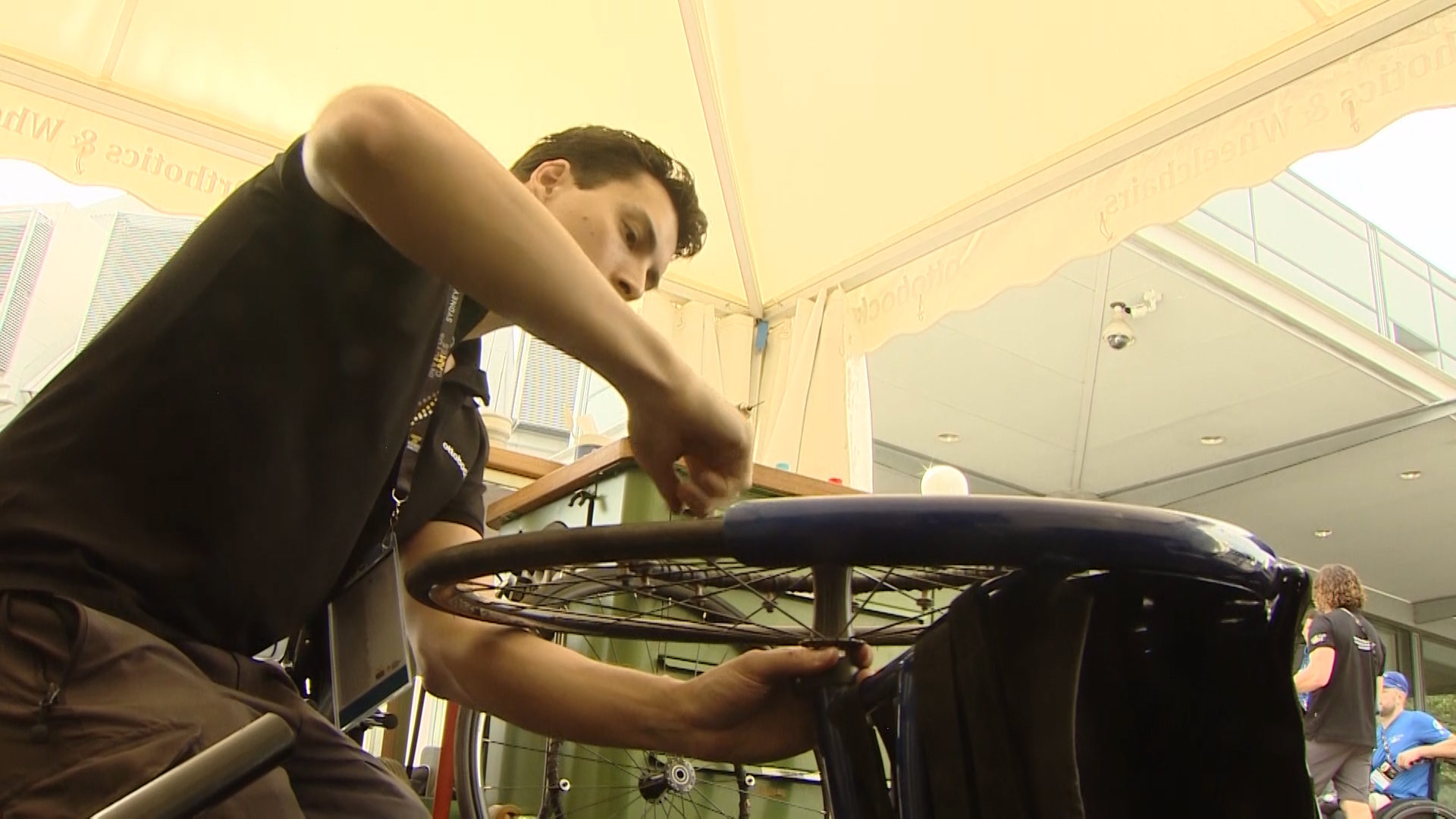
Occasionally complications arise; some athletes use different types of prosthetics which can make some repair jobs take longer than others.
One Estonian athlete with an above knee amputation, for instance, required a new valve for his left prosthetic.
“Ideally we would have just swapped it,” he said.
"But he had a different valve to what we had available here, so we had to exchange the whole system."
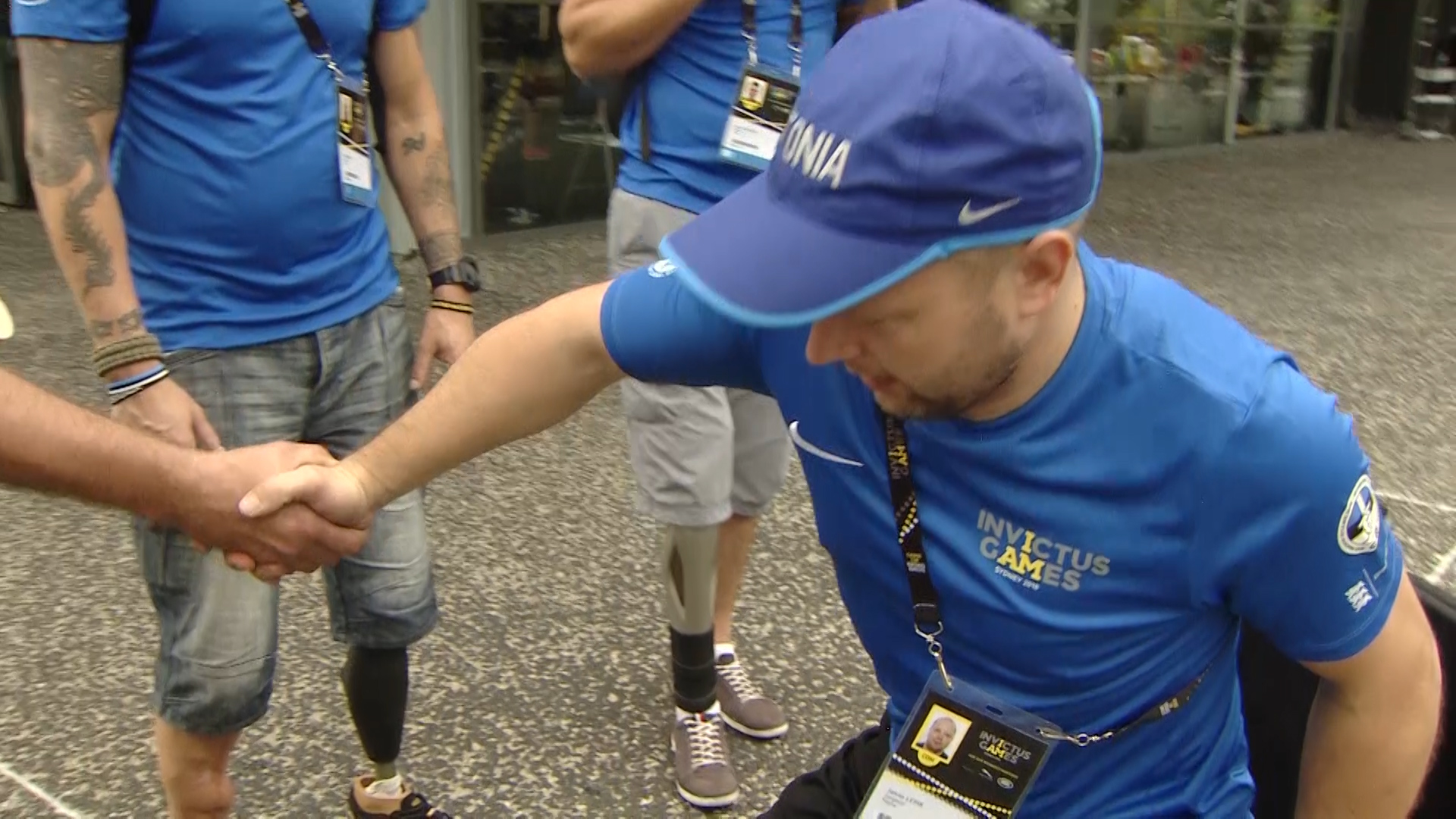
For the most part, the company services wheelchairs: "They tend to get knocked around in competitions or transport on the aeroplanes," says Nathaniel.
"People from certain nations have wheelchairs which aren’t in the greatest of conditions to begin with. So everything from a broken brake to a wheel that’s out of alignment or a busted inner tube."
“Those that have devices worn for far longer than you would expect para-athletes to have here in Australia, it can have a significant difference or an impact.
"Not only on their competition this week but their quality of life outside of the competition as well,” he continued.
"Team Estonia that just rocked by, I mean he was unable to walk because of such a small thing.
"It wasn’t too much on our behalf to make a quick swap and see him walk away.
"That in itself was very rewarding… It’s a nice thing to be a part of."
Keep up to date with the 2018 Invictus Games here.

